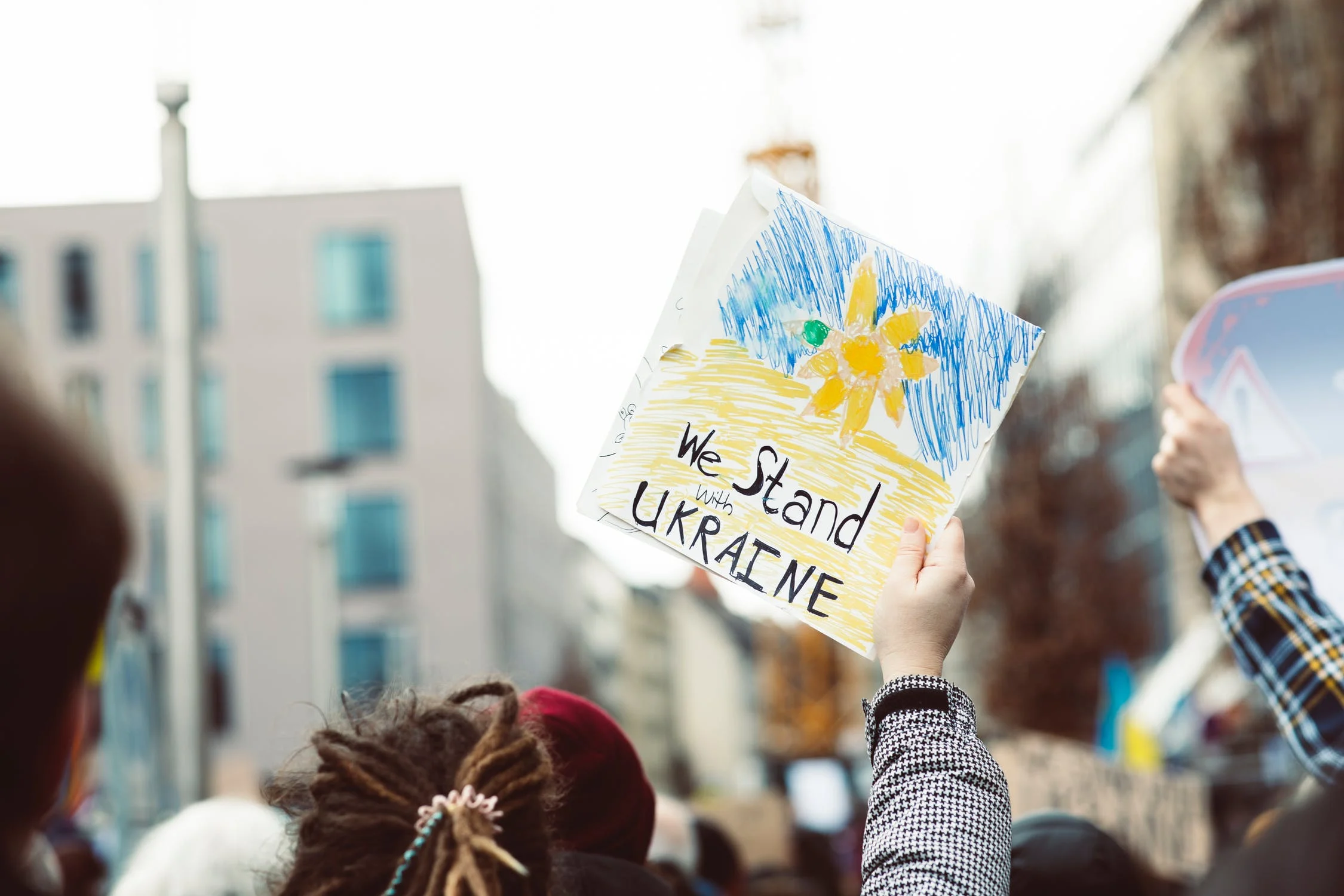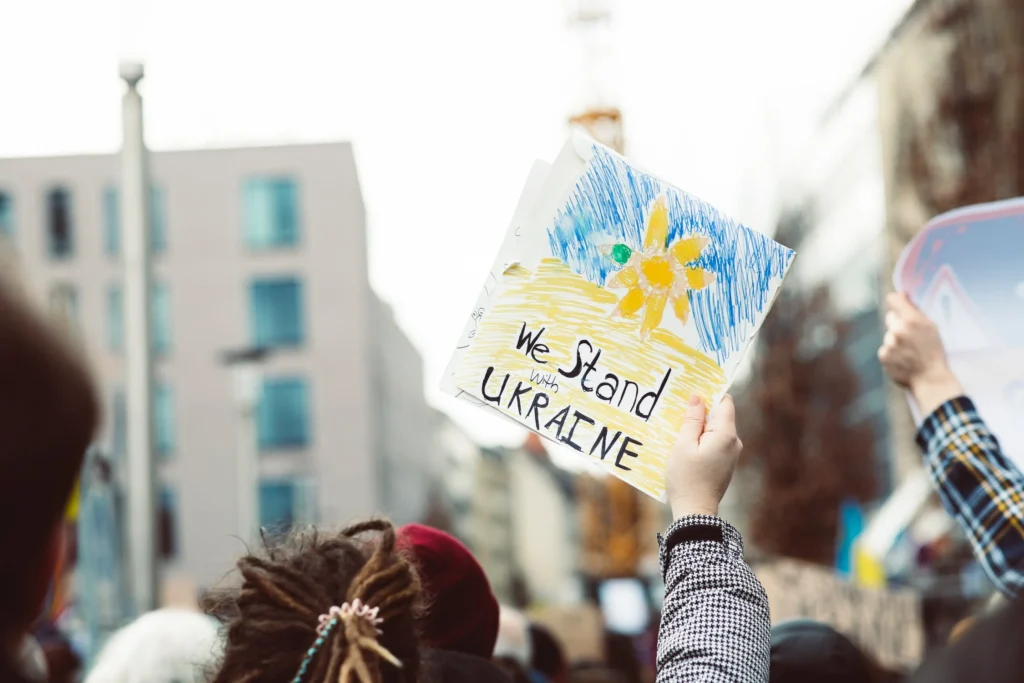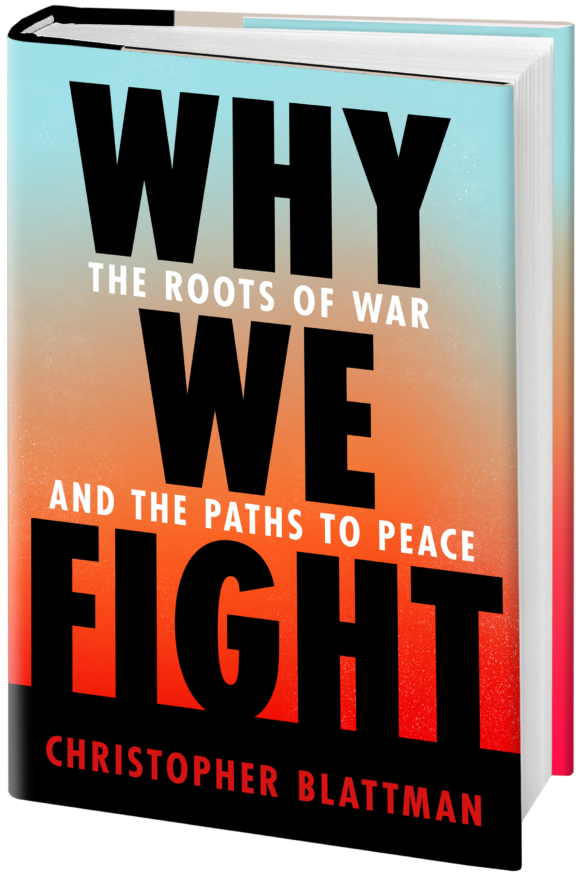On Twitter, it makes me a little uncomfortable that some people seem to follow the trials and tribulations of the Russian army with the same sort of glee that they watch a rival sports team lose a streak of games. But I’m not surprised that partisanship bleeds over into jingoism.
What does surprise me is the credulousness and enthusiasm with which so many people greet news that the Russian invasion is the result of bumbling leaders, inept bureaucracies, and hoodwinked soldiers.
Yesterday this tweet went viral:
Incredible testimony on BFMTV from this mayor of Melitopol who was kidnapped for several days by the Russians. He says they had no idea what’s going on. They told him we’re here to get the Nazis – he said I’ve been in this town 30 years and I’ve never met one…. then they said pic.twitter.com/T8aL2DjZwH
— Eleanor Beardsley (@ElBeardsley) March 31, 2022
And this news story broke:
Breaking News: President Vladimir Putin’s advisers misinformed him about the Russian military’s struggles in Ukraine, according to U.S. intelligence. https://t.co/P0CO1ykPJC
— The New York Times (@nytimes) March 30, 2022
All these are plausible, and probably true to an extent. But I think we should be greet these stories with a little more skepticism. One reason is that we can find parallel delusions in any army or military leadership and the same bureaucratic errors—both when they’re winning and when they’re losing; both when invading was the reasonable strategic choice and when it was the wrong one.
The other reason is that these are clearly stories curated for the us by governments on one side of the conflict—our side, but still a side. Most of the time, American intelligence services do not publicly release information on a foreign leader’s inner-circle discussions unless they have a good reason for it. Also, someone like the mayor of Melitopol probably did not go on French television before strategizing with his government at length about what he should and should not say.
(The irony of this is that both news events advertised the gullibility of the other side to propaganda and selective information, without considering that the stories themselves might be… propaganda and selective information.)
I see at least two possible explanations.
The first is that someone decided it’s strategically useful for the Western public to believe that Putin and his army are bumblers.
Maybe they are playing psy-ops, and think this will piss Putin off, or filter back to the Russian army or populace and undermine his support.
More cynically, perhaps this belief is useful if you want the option of escalating against Russia, Making Putin out to be both evil and inept might raise future support for this option.
I’m not persuaded by this line of thinking, but it’s possible.
The second possibility is that the American and Ukrainian governments are subject to the same jingoism and naïveté that the rest of us are. That is, there’s a natural tendency to demonize your enemy, infantilize his soldiers, and seize up with glee at every tale of his errors and mistakes. In other words, we selectively remember and process information because it makes us feel good about ourselves. It can make us overconfident, and perhaps too willing to enter a fight, to escalate a sanction or an arms delivery, until the other side sees us as a combatant rather than a partisan bystander to the war. That would be unfortunate.
But I don’t want to overstate the overconfidence and errors of either side. Rather, to me the most plausible explanation for the invasion is that it was the product of a cold, calculated, and self-interested policy—a kind of Monrovski Doctrine.
- Ukraine is Russia’s front yard to the west. Putin would like it to hold it in its sphere of influence, just like Americans would like a docile and friendly Mexico and Central America on its border (and use any means necessary to preserve that, as they have).
- To the average Russian, there’s nothing particularly threatening about a democratic or Western-facing or well-armed Ukraine. Those things are primarily threats to the apparatus of political control built by Putin and his cronies. A non-democratic, Russian-facing, poorly armed Ukraine suits the self-preservation of an autocratic regime.
- Like the Belarusians, the Uyghur, and the many cowed Russians and other peoples, Putin expected the Ukrainians would probably not resist repression. A lot of people think it’s obvious that Ukrainians would resist (hindsight and sympathies will so that to you) but the tragic fact is that most people in most of human history do not resist the imperial power or the brutal autocrat.
- Thus, invasion was a calculated gamble, a last step taken only after a decade of failed attempts to subvert Ukraine through every other means possible, from buying off politicians to killing them.
- It was also a calculated gamble based on the best guess about Western unity, Ukrainian resistance, and Russian military superiority. These were all highly uncertain.
- Like everyone else, having guessed wrong, Russia may now be preparing to use the same tactics they used in the Second Chechen War—a long and brutal war of attrition, throwing vast quantities of Russian soldiers and armaments against a smaller and less populous enemy, for months, until they capitulate. Putin would do this, I think, not because he is making a strategic error, and not because he is pursuing glory for him or his vision of a greater Russian nation, but because he sees it as the best way to preserve is regime.
- My hope is that this move is too costly for him, and that he sees the best path to self-preservation by retreating to the east of Ukraine to negotiate.
- In that scenario, I would be saddened but not surprised if we enter a long stalemate. Russia occupies Crimea and the eastern republics indefinitely, never officially recognized by Ukraine of the West. There is a long and tense standoff, and occasional skirmishing, but Intense fighting ends. In this, the region resembles India-Pakistan over Kashmir, or Israel-Palestine over sections of the West Bank.
This narrative strikes me as the one our government and newspapers would be wiser to promote. To me, it is also the most “evil”. Who needs demonization when there is cold-blooded realpolitik?



3 Responses
I very much agree with your analysis Chris.
These two nuanced looks at the impacts of sanction are worth checking out
https://www.project-syndicate.org/commentary/western-sanctions-on-russia-new-economic-warfare-by-kaushik-basu-2022-03?barrier=accesspaylog
https://www.project-syndicate.org/commentary/economic-wmds-and-the-risk-of-deglobalization-by-raghuram-rajan-2022-03?barrier=accesspaylog
“To the average Russian, there’s nothing particularly threatening about a democratic or Western-facing or well-armed Ukraine.”
Wrong. Ukraine is not just confiscating Russian property, but the property of anyone connected to Russians.
Also, it was precisely the lack of democracy in Ukraine that made the costs of the invasion less than the benefits. Marcos’s Philippines was not democratic just because it was part of the “free world”.
“Those things are primarily threats to the apparatus of political control built by Putin and his cronies.”
Uh… how? Is Armenia a threat to Russia? Mongolia? Was East Germany primarily a threat to the apparatus of political control built around Bonn?
I outlined the case for the invasion here:
https://eharding.substack.com/p/the-case-for-russia-invading-ukraine?utm_source=url&s=w